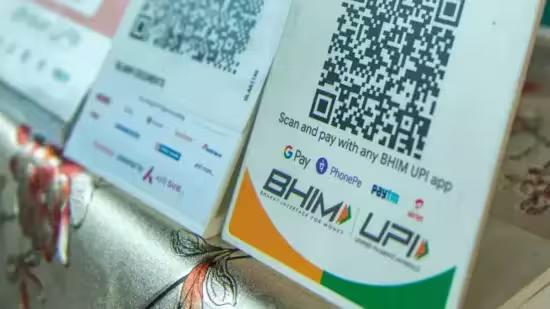
Title: Trinidad & Tobago becomes the first Caribbean nation to adopt UPI
In a significant move, Trinidad and Tobago has become the first Caribbean country to adopt the Unified Payments Interface (UPI), India’s flagship digital payment platform. This development marks a major milestone in the growing partnership between India and Trinidad and Tobago, with both countries agreeing to explore further collaboration in the implementation of India Stack solutions.
The agreement was reached during Prime Minister Narendra Modi’s two-day official visit to Trinidad and Tobago, which aimed to strengthen economic ties and cultural exchanges between the two nations. The adoption of UPI by Trinidad and Tobago is a significant step forward in promoting digital payments and financial inclusion in the Caribbean region.
UPI is a digital payment system developed by the National Payments Corporation of India (NPCI), which allows users to make transactions using their mobile phones. The system is based on the concept of “payment interface” which enables users to make transactions using other apps, eliminating the need for multiple login credentials and reducing transaction times.
The adoption of UPI by Trinidad and Tobago is a significant achievement, as it marks the first time a Caribbean country has partnered with India to implement a digital payment system. The move is expected to promote financial inclusion, reduce transaction costs, and increase the use of digital payments in the region.
The agreement between India and Trinidad and Tobago also extends beyond UPI, with both countries agreeing to explore further collaboration in the implementation of India Stack solutions, including DigiLocker, e-Sign, and Government e-Marketplace (GeM). DigiLocker is a digital locker service that allows citizens to store and access their documents digitally, while e-Sign is an electronic signature service that enables digital signing of documents. GeM is an e-commerce platform that allows government departments to procure goods and services digitally.
The India Stack is a set of APIs that enables the creation of various applications and services, such as digital payments, e-KYC, and e-Signatures. The stack is designed to facilitate financial inclusion, reduce transaction costs, and increase the use of digital payments. The adoption of India Stack solutions by Trinidad and Tobago is expected to promote financial inclusion, reduce transaction costs, and increase the use of digital payments in the region.
The adoption of UPI and other India Stack solutions by Trinidad and Tobago is also expected to create new opportunities for Indian businesses in the Caribbean region. Indian companies such as Paytm, PhonePe, and Google Pay are already using UPI to enable digital payments, and the adoption of UPI by Trinidad and Tobago is expected to create new opportunities for these companies to expand their operations in the region.
The move is also expected to promote people-to-people contact and cultural exchanges between India and Trinidad and Tobago. The two countries have a long history of cultural and economic ties, and the adoption of UPI and other India Stack solutions is expected to strengthen these ties and promote greater cooperation between the two nations.
In conclusion, the adoption of UPI by Trinidad and Tobago is a significant achievement that marks a major milestone in the growing partnership between India and Trinidad and Tobago. The move is expected to promote financial inclusion, reduce transaction costs, and increase the use of digital payments in the region. The agreement also extends beyond UPI, with both countries agreeing to explore further collaboration in the implementation of India Stack solutions, including DigiLocker, e-Sign, and Government e-Marketplace (GeM).






